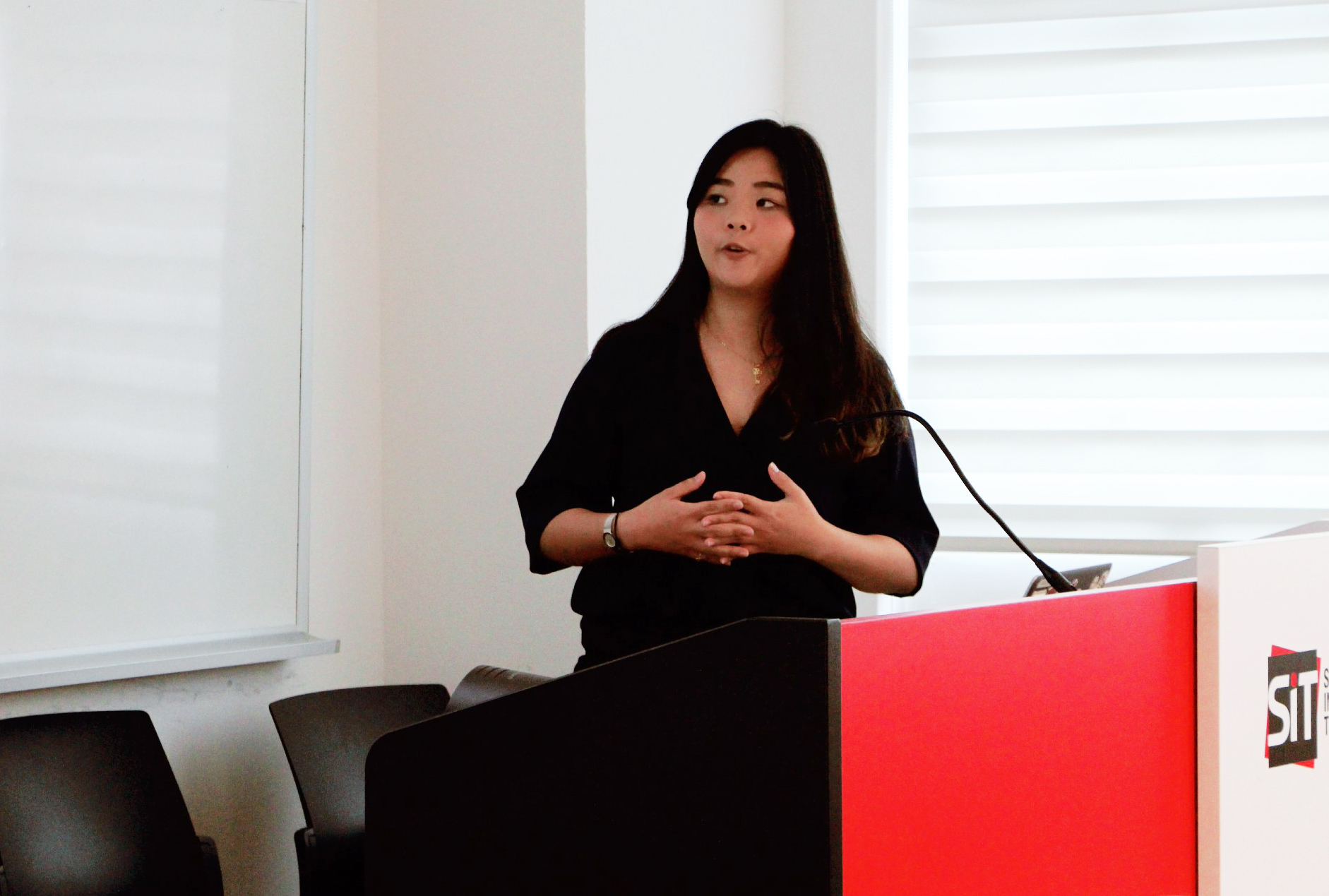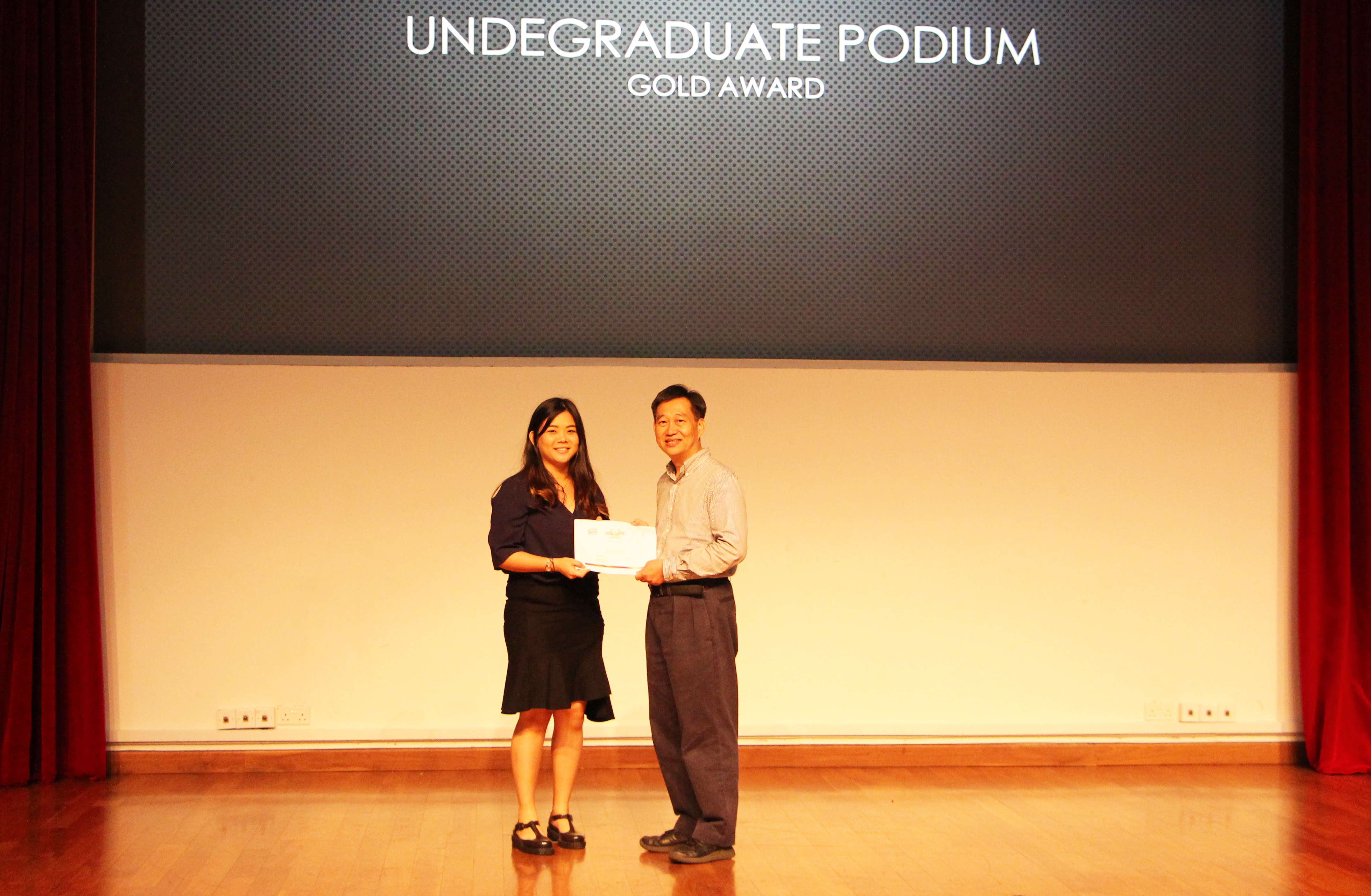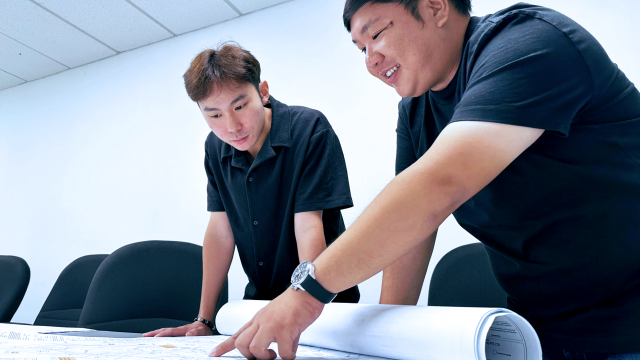Honey has a permanent place in almost everyone’s kitchen and natural remedy cabinet. But it isn’t the only beneficial substance that honey bees make. Propolis is the “bee glue” that protects and holds together the hive but this sticky substance has many health benefits as well. It is known to help in fighting cancer, soothing eczema, and even calming the flu.

Like honey, bee propolis has many health benefits.
Curious about the antimicrobial capability of propolis, Year 4 SIT-Massey University Food Technology student Esther Ong Cai Fen embarked on a final-year project to test her hypothesis. Her project aims to address the problem caused by rapid emergence of antibiotic resistant bacteria.
“Antibiotics have revolutionised medicine and transformed human health for the better. Unfortunately, antibiotic resistance has become a significant healthcare problem; more and more infections are caused by microorganisms that fail to respond to conventional treatments. Meanwhile, the development of new antibiotics is slow. As a result, there is a huge demand for alternative antibiotic products,” said Dr Lim Kaiyang, Chemical Engineering and Food Technology, SIT, who supervised Esther in her project.
To investigate the functionalities of bee propolis, Esther screened a variety of commercial propolis from different geographical origins. She found out through the lab tests that all propolis samples possess antimicrobial potency. This is especially the case for Brazil propolis, which has the potential to complement or even replace conventional gold-standard antibiotics. Her project pathed the way for the application of propolis in the biomedical field as a natural antibacterial agent.
Gold Award at BES Scientific Meeting
Esther presented her findings at the 13th Biomedical Engineering Society (BES) Scientific Meeting, and beat eight other teams to clinch the Gold award in the undergraduate category. Held on 18 May at SIT@Dover, the annual symposium provided a platform for tertiary students to interact and share ideas, as well as learn from professionals and academics in the biomedical engineering industry.

Esther presenting her project findings at the BES Student Meeting Oral Presentation on 18 May.
“The BES competition was an eye-opening experience as I had no biomedical background. It made me realise the importance of biomedical engineering in our lives and it should not stop here. We should look at leveraging natural resources such as propolis as healthcare remedies,” commented Esther.
“There were plenty of challenges throughout this journey and the most significant one was the tight schedule in executing lab work as we had to juggle with projects for other modules. I had to plan well so that no time was wasted. All in all, the education at SIT has endowed us with applicable skills and exposed us to solving real problems, training us to be ready for the industry.”
Esther will be graduating with a Bachelor of Honours in Food Technology in October. She hopes to embark on a career as a food microbiologist to further her research interest. Best wishes to Esther and the graduating cohorts of SITizens in their career pursuits!

Esther receiving the Gold award from Dr Lim Jit Ning, Co-Chair, BES Student Chapter Advisory Board.



